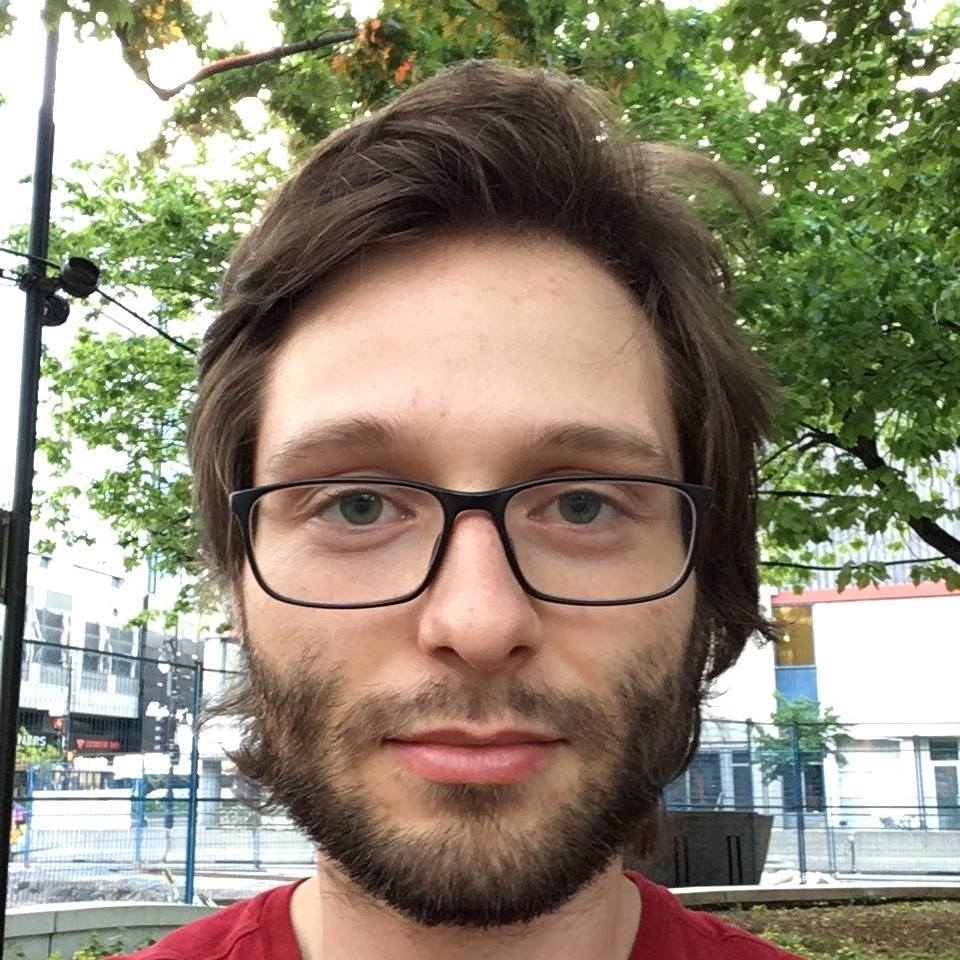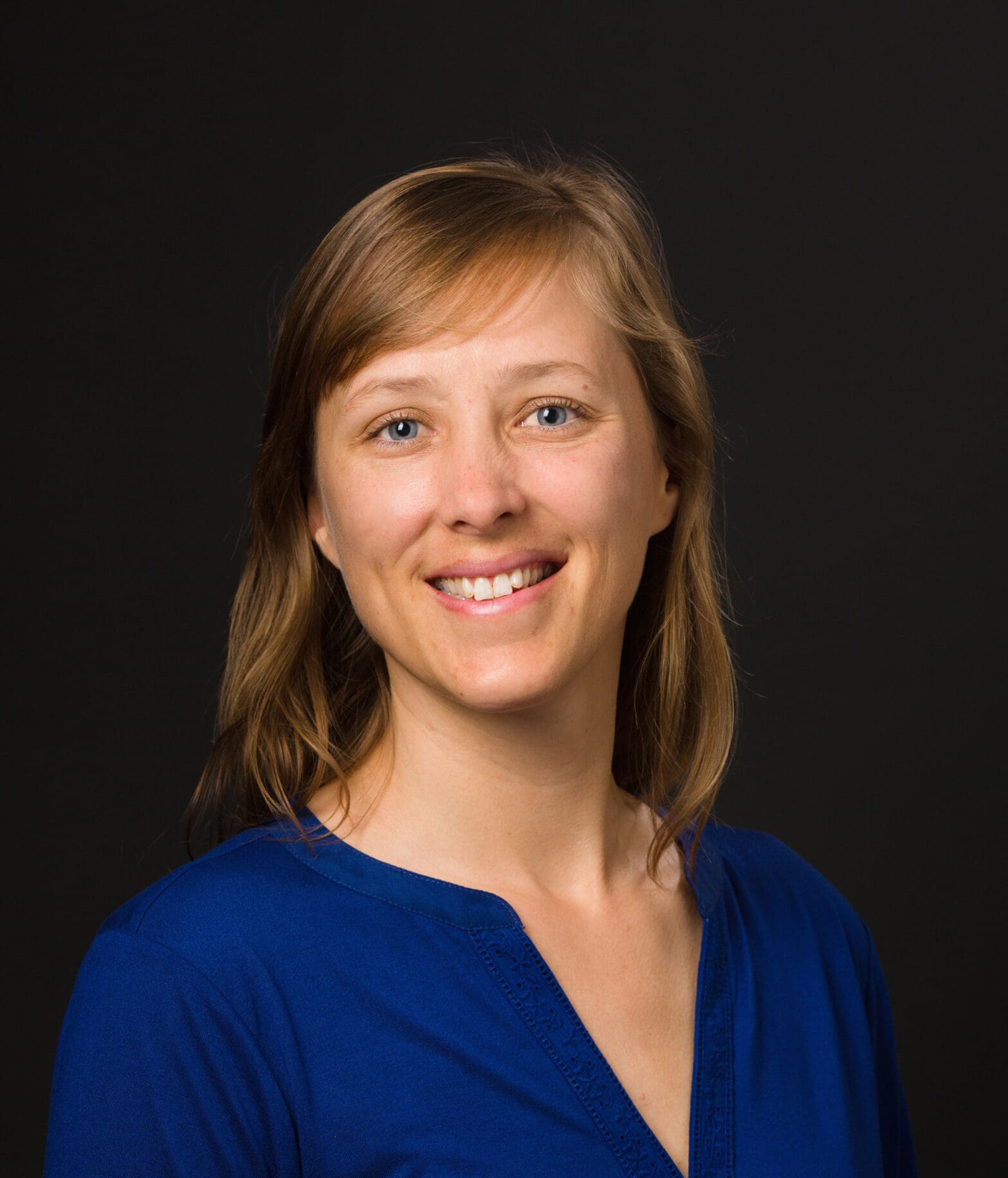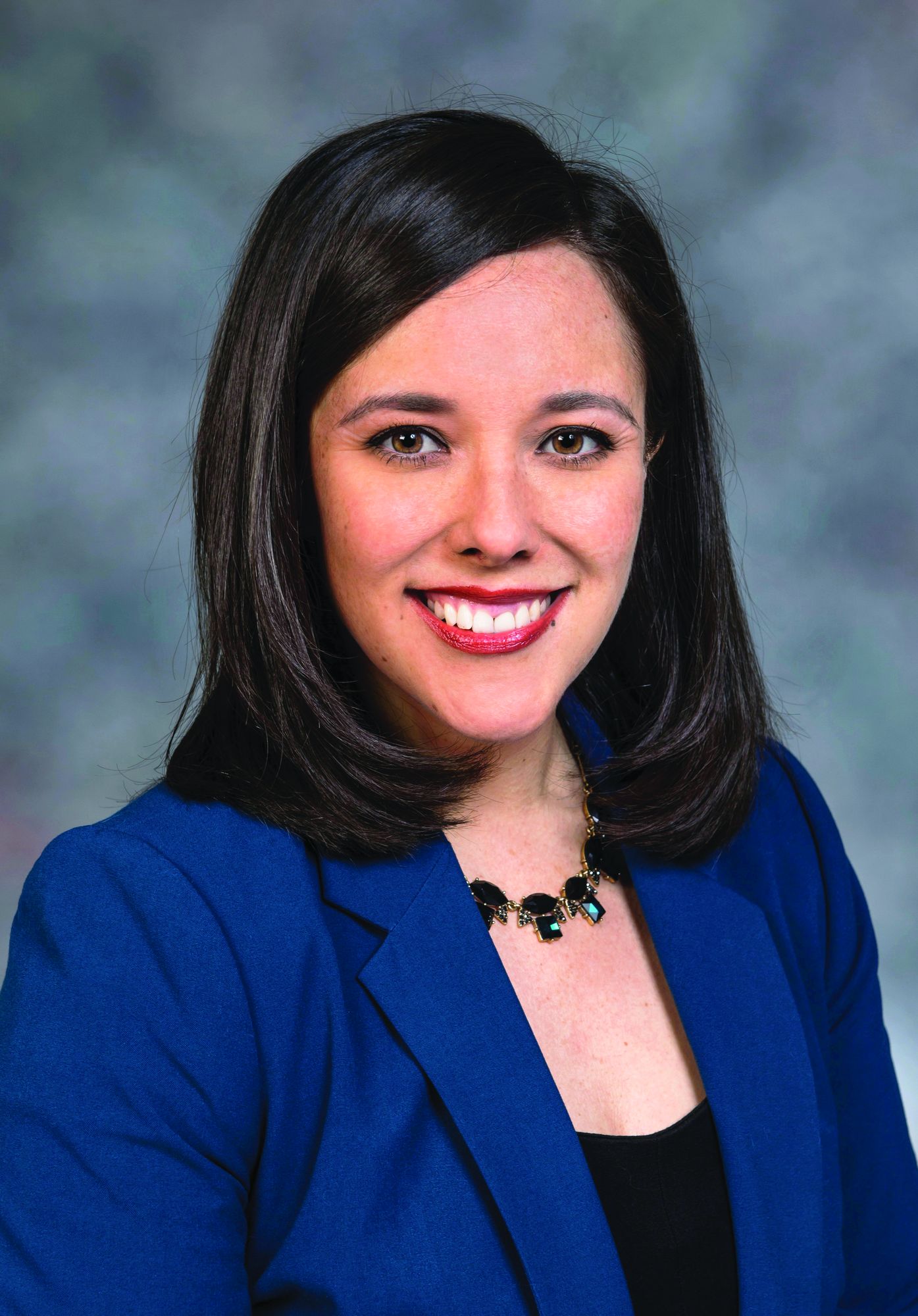I am a second year, neuroscience PhD student at Wake Forest School of Medicine, and am interested in studying traumatic and mild traumatic brain injuries (TBI and mTBI). I am currently conducting research in an imaging lab, where we employ multiple imaging modalities to effectively examine changes to the brain. I have worked with youth, …
Search results for:
neuroscience
Rémi Thériault
Rémi Thériault obtained his B.A. in Psychology and M.Sc. in Psychiatry both at McGill University, Montréal, Québec. He recently started his Ph.D. at Université du Québec à Montréal (UQAM), under the guidance of Professor Stéphane Dandeneau, working on implicit social cognition. Over the last couple of years, he has been primarily working with Dr. Amir Raz at the …
Kathleen Garrison
Kathleen Garrison is an Assistant Professor in Psychiatry at Yale University. Her research interests are to better understand addiction and to improve treatments. Her research involves clinical trials of addiction treatments and brain imaging studies of the related neurobiological mechanisms. A main focus of her work is the study of mindfulness and the potential to use mindfulness training …
Jacqueline Lutz
Jacqueline Lutz, PhD, is a Postdoctoral Researcher at the Center for Mindfulness and Compassion (CMC), Cambridge Health Alliance in Cambridge, MA. She received her PhD in psychology from the University of Zurich, working in the emotion regulation research group at the Psychiatric University clinic and under the supervision of Prof. Lutz Jäncke. Jacqueline’s research interests …
Sarah Priddy
Sarah Priddy, MSSW, LCSW, is a doctoral student at the University of Utah College of Social Work. Her primary research interest lies in the intersection of social work and neuroscience – the treatment of stress-related conditions, such as addiction, anxiety, trauma and chronic pain through mindfulness-based clinical interventions. Sarah’s interest in mindfulness-based therapies has developed over …
Joseph Therriault
Joseph Therriault is currently pursuing his master’s in neuroscience at McGill University in Montreal, Canada under the supervision of Dr. Vasavan Nair and Dr. Pedro Rosa-Neto. His research focuses on using multimodal neuroimaging tools to understand the aging brain in health and disease. In particular, he is interested in understanding the factors that are protective …
Niki Clements
Niki Clements, PhD is the Watt J. and Lilly G. Jackson Assistant Professor of Religion at Rice University. She works at the disciplinary intersection between the history of Christian practice, philosophy of religion and religious ethics. She specializes in Christian asceticism and mysticism in late antiquity, highlighting its resources for thinking through contemporary ethical formation and …
Noopur Amin
Noopur Amin is deeply interested in empathy and compassion, both as a guidepost for her personal daily life, and as a calling to uncover its neural basis as a neuroscientist. She is currently a postdoc at UC Berkeley in Dr. Daniela Kaufer’s lab, where she is studying the neural basis of empathy and prosocial behaviors …
Brianna Morseth
Brianna earned an M.A. in Psychological and Brain Sciences with additional coursework in Religious Studies and Philosophy from the University of California, Santa Barbara in June 2016 after having obtained a B.A. in Neuroscience, Psychology, and Chinese from Macalester College in 2013. Combining phenomenological and experimental methods with perspectives from both the humanities and social …
William Rubel
This project in alternative secular epistemologies is rooted in several months of intensive research and writing completed as a Mind & Life visiting scholar in Amherst in 2015, as well as intellectual encounters as a presenter at ISCS 2014 and research fellow at MLSRI 2015. William Rubel is a current PhD candidate at the University …






